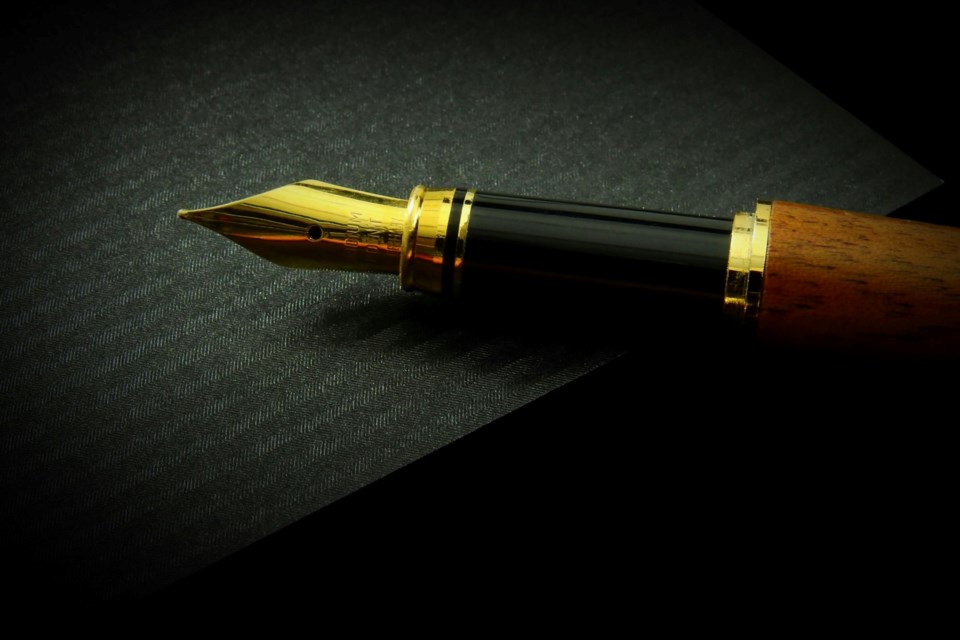Now that you're in your prime with time to do all the things you've always wanted to do, what are you going to do?
Perhaps writing your life's story is something you might like to tackle.
Everyone has a story or two or three to tell.
In my writing classes I often pass out buttons or "round-to-its" to students, and say, "If you have been waiting to get 'a round to it', here it is and now is the time to begin your writing project.”
There is nothing narcissistic in wanting to write your memoirs. Writing can help you make sense of your life, may help you bring closure to painful events, or find new perspectives and insights.
As you begin to write, you may be amazed to remember things long forgotten. Memories will slowly come alive in your mind. You may begin to hear, smell, taste and feel them as if they were right there with you, happening all over again.
Listening to music or looking at old photographs can be helpful.
Someone will be interested in your memoirs. Children or grandchildren may not be interested right now but they will be some day. Your story is a valuable source of family information and wisdom.
A written record of your life and times will also be of interest to future historians when they study what people were doing, eating and thinking in the "roaring" 2020s.
All of us have witnessed incredible current events and rapid technology changes. That in itself is an interesting story. Just writing about the COVID-19 years is almost a book.
Memories about exotic trips or simple things such as 45 rpm records, frozen TV dinners and drive-in theatres also make good stories.
American children's author Dr. Seuss wrote, "Sometimes you will never know the value of something until it becomes a memory."
There is no right or wrong way to write your story. You just have to start. Don't worry about spelling or grammar. You can edit and rewrite later with the help of a word-savvy friend or family member.
Where to start:
- You might want to read a memoir or two to get inspiration.
- Begin jotting down ideas. Start thinking about events or relationships you wish to explore.
- You don't need a computer. And you don't need to invest in a fancy journal. Write early drafts in those old-fashioned exercise books available at dollar stores.
- Dictate ideas into a tape recorder or use the recorder on your smartphone.
- Put all papers, pictures, information and souvenirs you have been collecting to use in a box (or two).
You don't have to start your story with your birth, but you can. It may be easy to write short pieces about key events or categorize them by the decade.
Categories to consider include: family matters, friends, romances, pets, and jobs loved and hated, sports, accomplishments, travel and hobbies.
As you approach the end of your story, you can decide how to share it with family and friends. There are many ways to create a lasting keepsake with numerous computer programs and online services available. A trusted print centre can also provide advice.
Whatever format you choose, I recommend keeping paper copies like great writers have been doing it for centuries.



